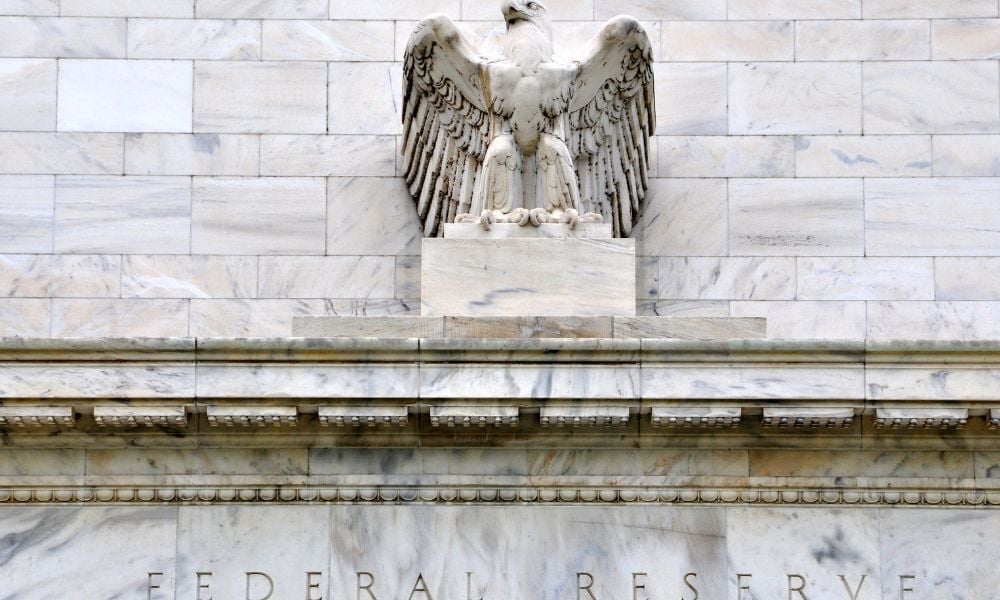Lingering low bond yields and interest rates are forcing pension managers to look elsewhere for returns says Sean Harrell, partner and senior advisor at Howe | Harrell & Associates
Lingering low bond yields and interest rates are forcing pension managers to look elsewhere for returns says Sean Harrell, partner and senior advisor at Howe | Harrell & Associates. He shares his take with Weath Professional on recalibrating pension strategy post-Brexit.
WP: How has the Brexit impacted private pensions thus far?
SH: The decline in the value of the British pound after the Brexit vote poses a big problem for pensioners living in foreign countries. This decline combined with some pensioners already having their pensions frozen if residing in “Frozen Countries” means they will have to deal with both the decline of the pound and the fact that they do not receive annual increases in their pension. Their purchasing power will be greatly affected and will reduce their standard of living in retirement.
WP: Should Canadian investors be looking at a new strategy for their pensions currently?
SH: Yes, defined benefit pension plans are mandated to follow a strict ratio of equities and fixed income investments. I don’t think that Canadian investors need be too concerned about how Brexit is going to affect their pensions equity returns in the long run, but if interest rates remain low for a longer period of time because of Brexit I would be concerned about the ability to find decent bond returns in developed countries. This is forcing pension managers to look for returns elsewhere to support their funds. Some managers are looking to lesser developed countries for their bonds, some are trying to increase their equity weightings, either way this will increase the risk in their portfolios putting their pensioners money at greater risk to market volatility.
WP: What messaging should investors receive from their advisors / fund managers right now?
SH: Brexit will probably contribute to interest rates staying low for a longer period of time than originally anticipated. Expectations on fixed income rates of returns need to be addressed. When we build a plan for a balanced investor, we are using 4% or 5% in our assumptions. Clients question this as they are obviously wanting a higher return. Fixed income investments are not being properly explained to investors. Interest rates have been declining steadily over the past 30 years (until the past few years) providing bond investors with great returns during that period of declining interest rates. This simply isn’t the case anymore and we run into a lot of investors that do not understand why this needs to be considered in their future planning.
WP: How do you see the situation evolving as markets shift in the long terms in Brexit’s aftermath?
SH: Britain has a lot to figure out with the EU. Brexit has caused some significant ramifications for business and investors in Britain. London’s title of Europe’s Banking Headquarters may come to an end. If banking headquarters relocate to another country, that will have an incredibly negative affect on the British economy. It’s hard to say what long term affect this will have on financial markets. In my opinion strong companies today will continue to be strong companies in the future, regardless of where they are located. No different than the market correction in 2008, there were definitely some casualties but the strong survived.

Related stories:
Canadian commission ban debate: Your verdict
Would financial advisors make good career counsellors?
WP: How has the Brexit impacted private pensions thus far?
SH: The decline in the value of the British pound after the Brexit vote poses a big problem for pensioners living in foreign countries. This decline combined with some pensioners already having their pensions frozen if residing in “Frozen Countries” means they will have to deal with both the decline of the pound and the fact that they do not receive annual increases in their pension. Their purchasing power will be greatly affected and will reduce their standard of living in retirement.
WP: Should Canadian investors be looking at a new strategy for their pensions currently?
SH: Yes, defined benefit pension plans are mandated to follow a strict ratio of equities and fixed income investments. I don’t think that Canadian investors need be too concerned about how Brexit is going to affect their pensions equity returns in the long run, but if interest rates remain low for a longer period of time because of Brexit I would be concerned about the ability to find decent bond returns in developed countries. This is forcing pension managers to look for returns elsewhere to support their funds. Some managers are looking to lesser developed countries for their bonds, some are trying to increase their equity weightings, either way this will increase the risk in their portfolios putting their pensioners money at greater risk to market volatility.
WP: What messaging should investors receive from their advisors / fund managers right now?
SH: Brexit will probably contribute to interest rates staying low for a longer period of time than originally anticipated. Expectations on fixed income rates of returns need to be addressed. When we build a plan for a balanced investor, we are using 4% or 5% in our assumptions. Clients question this as they are obviously wanting a higher return. Fixed income investments are not being properly explained to investors. Interest rates have been declining steadily over the past 30 years (until the past few years) providing bond investors with great returns during that period of declining interest rates. This simply isn’t the case anymore and we run into a lot of investors that do not understand why this needs to be considered in their future planning.
WP: How do you see the situation evolving as markets shift in the long terms in Brexit’s aftermath?
SH: Britain has a lot to figure out with the EU. Brexit has caused some significant ramifications for business and investors in Britain. London’s title of Europe’s Banking Headquarters may come to an end. If banking headquarters relocate to another country, that will have an incredibly negative affect on the British economy. It’s hard to say what long term affect this will have on financial markets. In my opinion strong companies today will continue to be strong companies in the future, regardless of where they are located. No different than the market correction in 2008, there were definitely some casualties but the strong survived.

Related stories:
Canadian commission ban debate: Your verdict
Would financial advisors make good career counsellors?



